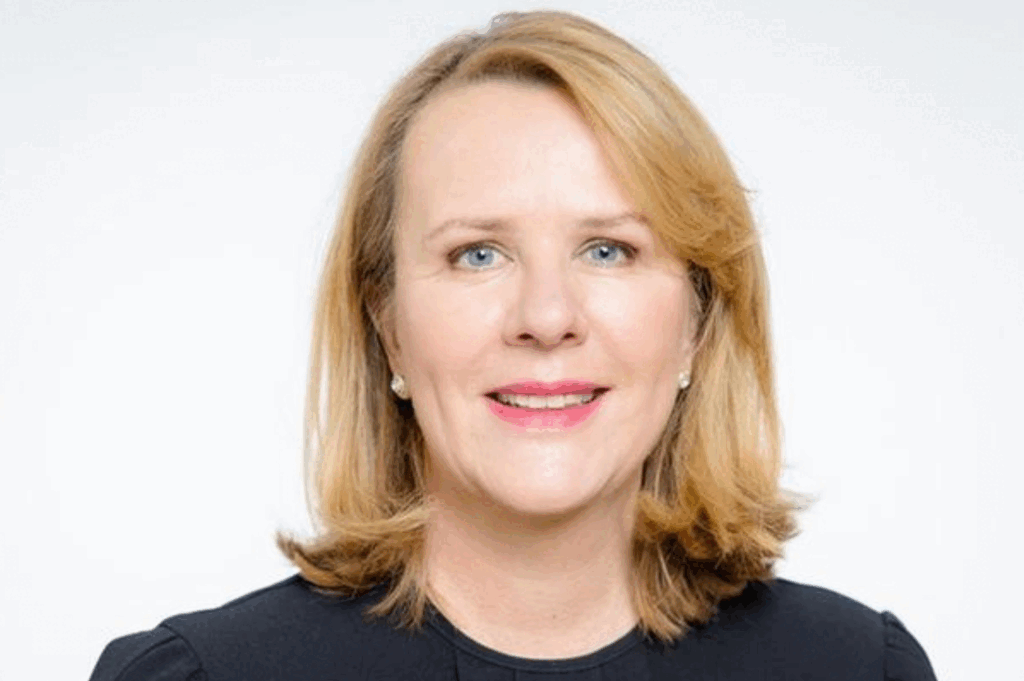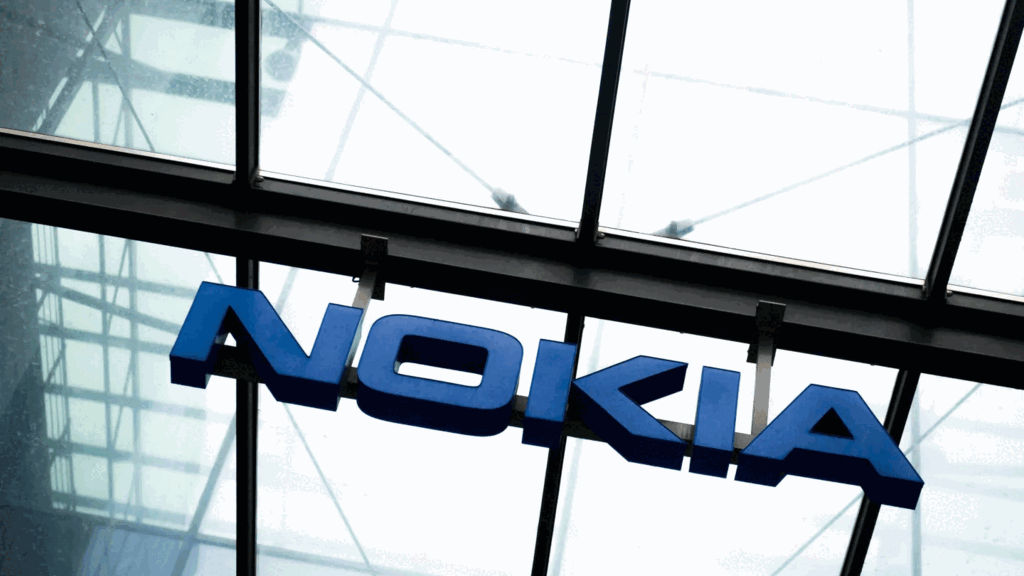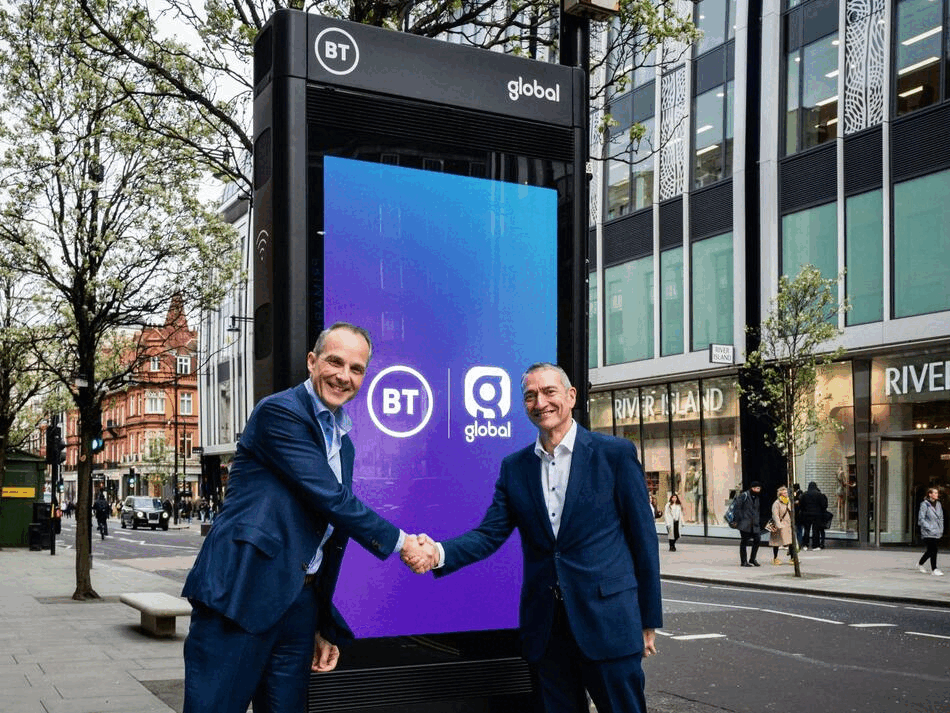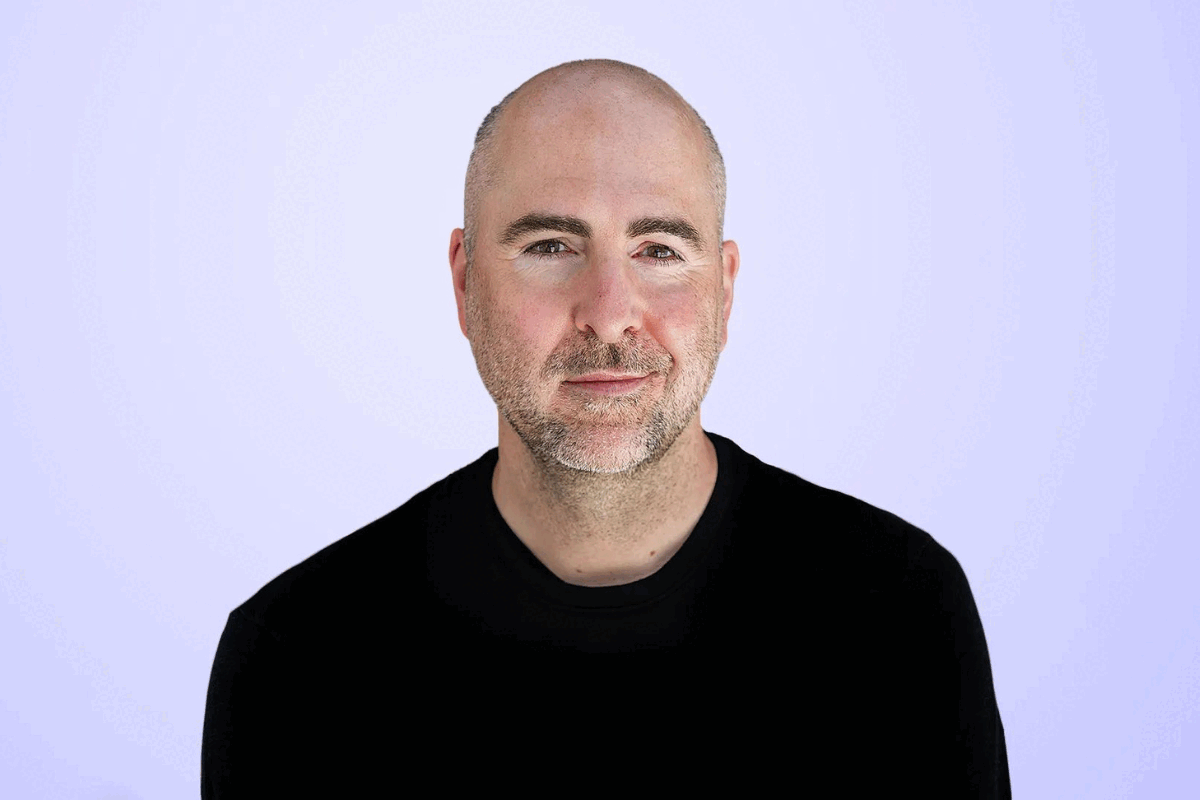Cautious welcome for Chancellors £160m 5G investment pledge
- Thursday, November 23rd, 2017
- Share this article:
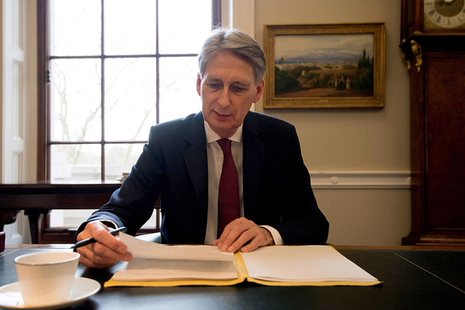 The mobile industry has given a cautious welcome to the Chancellor’s announcement of a £160m investment in 5G technology, but there’s a consensus that money alone will not be enough to ensure the widespread uptake and success of 5G.
The mobile industry has given a cautious welcome to the Chancellor’s announcement of a £160m investment in 5G technology, but there’s a consensus that money alone will not be enough to ensure the widespread uptake and success of 5G.
Telefonica UK CEO Mark Evans said there needs to be greater collaboration between operators, government and local authorities businesses and communities to quickly and effectively deploy the infrastructure needed for ubiquitous 5G to become a reality. “The Government’s investment in technology is welcomed and reflects the UK’s intent to become a world-leading digital economy,” said Evans. “Mobile connectivity is one of the UK’s most powerful opportunities to strengthen and grow our economy while also improving the lives of the British public. Our own research tells us that 5G will contribute an additional £7bn to the UK economy each year by 2026.
“However, to truly realise this ambition we need greater and urgent collaboration between operators, national and local government, enterprise and communities. We need a framework that facilitates the efficient and effective deployment of improved mobile networks which will deliver a better-connected experience for everyone. Only then we will be able to become a world-leading digital economy.”
Adrian Baschnonga, global lead analyst for telecoms at EY, struck a similar chord, saying: “Further investment in 5G underlines its importance as a productivity driver that can unlock new services for consumers and business alike. Yet ongoing research, dialogue and collaboration across industries will be crucial, if it is to deliver on its long-term promise. Business models and use cases require careful consideration, but practical progress in spectrum release and network planning is just as vital if users are to reap the full benefits of 5G.”
And Robin Kent, director of European operations at network infrastructure firm Adax, said that while the money is welcome, the telecoms industry must first establish a business case for the development of 5G. “We fully support the Government’s announcement in [the] Budget that 5G development will receive £160m in funding,” said Kent. “It’s clear that 5G technology will support the huge growth of connected Internet of Things (IoT) devices and address issues for the devices themselves such as low latency and low power, and for certain applications, high reliability and strong security.
“However, the industry still needs to establish a business case for 5G. It’s all well and good promising faster download speeds to end-users and having this funding upfront to kickstart infrastructure projects, but we must ask ourselves whether operators can ensure 5G works sufficiently to provide a good consumer experience whilst making money. With 5G theoretically 40 times faster than the hypothetical limit of 4G, it will take a great deal of expensive upgrading of the current infrastructure to fulfil its claims. But will end-users be willing to pay for a premium 5G service? We must establish who is going to foot the bill in the long run.”
In yesterday’s budget, Chancellor Philip Hammond pledged to invest a total of £500m in “a range of initiatives from artificial intelligence, to 5G and full fibre broadband.” Other measures included £540m to support the growth of electric cars, including more charging points; an additional £2.3bn investment in research and development; and £30m for the development of digital skills distance learning courses. The Chancellor also announced that digital economy royalties relating to UK sales which are paid to a low-tax jurisdiction would in future be subject to income tax, as part of a Government clampdown on tax avoidance.





